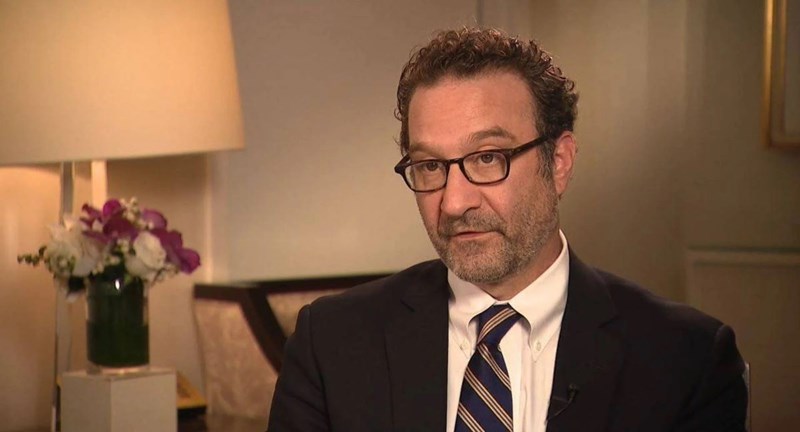
by news.middleeast-24.com — Former US Assistant Secretary of State for Near Eastern Affairs David Schenker talks about the US role in accelerating the financial collapse in Lebanon, and Washington’s vision for the upcoming parliamentary elections. Former US Assistant Secretary of State for Near Eastern Affairs David Schenker Ahead of the parliamentary elections in Lebanon, the former US Assistant Secretary of State for Near Eastern Affairs, David Schenker, made dangerous statements about the American role played by the administration of former President Donald Trump in the country in order to accelerate the financial collapse, and about the administration’s exploitation of the “October 17” movement in order to distort The image of Hezbollah and its weakening with its allies.
During a symposium conducted by the Washington Institute under the title “Hezbollah and Shiites Dynamics and Lebanon’s Elections: Challenges, Opportunities, and Political Implications,” Schenker stated that during the Trump era, his country “imposed sanctions on Hezbollah’s financial institutions and on the Jammal Bank, and proceeded to synchronize this immediately after the establishment of the Agency.” Moody’s credit rating downgrades Lebanon’s credit rating. He added, “We were the ones behind the decision to lower Lebanon’s credit rating, and the Trump administration was keen to synchronize the announcement of the downgrade with its imposition of sanctions on the Beauty Bank, which was imposed at that time the next day immediately.” He pointed out, in this context, that “Washington not only did this to this extent, but also imposed sanctions on Hezbollah’s ally, the head of the Free Patriotic Movement, Gebran Bassil.”
Regarding the American investment project in the forces of “civil society”, Schenker acknowledged that Washington was looking for “political opportunities”, after it saw that “there is an opportunity to defeat Hezbollah, as in the 2016 municipal elections,” citing the case of “Beirut, my city” during the municipal elections. on which they wanted to build. Regarding working to create alternative forces in the “Shiite community” against Hezbollah, Schenker said that Washington “planted Shiite businessmen,” noting that “during his tenure as Assistant Secretary of State for Near Eastern Affairs, he traveled to Lebanon several times, and each time he held Public meetings with businessmen and Shiite journalists opposed to Hezbollah, naming the journalists of the “Janoubia” website, with whom he met regularly.
The American diplomat explained that the goal of these meetings revolved around “promoting opportunities for economic plans for the Shiite regions, to help weaken these regions’ dependence on Hezbollah.” As for his expectations for the outcome of the parliamentary elections, Schenker said that “despite the protests that took place in 2019, and the widespread popular discontent in Lebanon, I do not see that the elections will change the situation dramatically.” Schenker referred to the issue of the attack on the Free Patriotic Movement and its “presentation as corrupt” because of its relationship with Hezbollah, considering that “it is not clear whether this method will affect the choices of the Christian voting base as intended.”
In contrast, he stated, “the opposition is horribly divided, filled with narcissistic and personalist leaders who are more interested in leading their own parties than uniting to overthrow the corrupt elite.” He added in the context that “there are about 100 parties running in the elections, the usual parties and also all these small parties,” believing that “they will eat each other and will not win enough seats to make a shift in the balance.” Schenker concluded his speech about the elections and the “forces of change”, saying: “Personally, I am not optimistic about these elections, and I do not think that the US administration should bet on these elections. There is a broken system in Lebanon, and elections with such electoral laws will clearly not fix it.”



